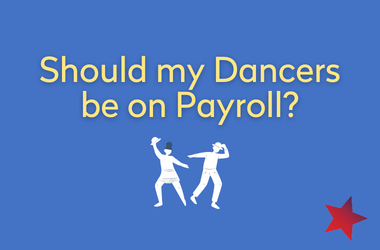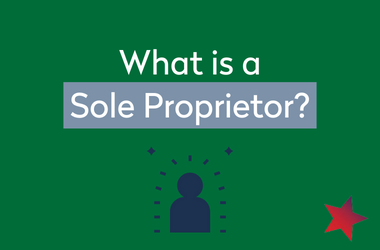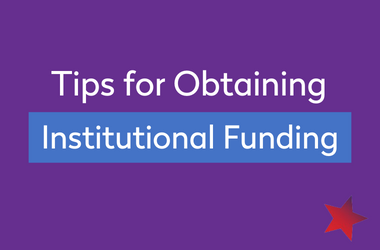Understanding a Balance Sheet
What is a Balance Sheet?
A Balance Sheet is a financial statement that summarizes the company’s assets, liabilities, and equity at a specific point in time. The Balance Sheet is an essential tool used by organizational leaders, Board of Directors, funders, and financial analysts to understand the current financial health of an organization. It is generally used alongside two other financial statements: the Profit and Loss Statement and the Cash Flow statement. Unlike the Profit and Loss Statement, the Balance Sheet takes into account the organization’s full financial picture since its establishment. A Balance Sheet is also commonly known as a Statement of Financial Position or Statement of Financial Condition.
Why is a Balance Sheet important?
A Balance Sheet provides a snapshot to what the organization owns against what is owed in order to support short or long term goals. Looking at your assets versus your liabilities, this statement reports your organization’s net worth from which you are able to evaluate if your organization is stable enough to expand or pay down any debt. For example, after review, you may decide to liquidate some of your assets in order to provide stability to the operations. An organization’s Balance Sheet provides a tremendous amount of insight into its solvency and potential business dealings.
What do I need in order to put together a Balance Sheet?
In order to effectively draft a Balance Sheet, you’ll want to first identify the date at which you want to analyze the data. Then to organize the three major sections of a Balance Sheet, list and add all of your assets, liabilities, and equity (i.e. retained earnings, net revenue). The Balance Sheet is correct if assets = liabilities + equity. To further help organize your financial activity into a Balance Sheet, Pentacle strongly recommends using an accounting software that suits your organization’s needs. This will help you build a strong infrastructure and maintain efficient and streamlined bookkeeping practices.
Pentacle remains dedicated to continuing to provide a high level of support to artists during these extraordinary circumstances. Alongside many other key and respected organizations in the field, we have begun accumulating and curating resources for artists and organizations experiencing income loss and other troubles as a result of the COVID-19 crisis. Find our list of resources here.
NEXTSTEPS | 01.13.22
Latest Blog Posts
Should My Dancers Be on Payroll?
Should My Dancers Be on Payroll?Legal Implications of Payroll Employees From the perspective of the New York Department of Labor, if you are a dance company and are dictating when and where your dancers are performing their services, those individuals are considered...
What is a Sole Proprietor?
What is a Sole Proprietor?Definition of Sole Proprietor for Those in the Performing Arts A Sole Proprietor is an entity that is not incorporated (as a C-corp, S-corp, or other corporate structure). This includes performing arts entities. As the name implies, sole...
Tips for Obtaining Institutional Funding
Tips for Obtaining Institutional FundingDevelopment & Fundraising through Institutional Funding Everyone needs money, and if you are an artist, nonprofit, or dance organization, a good chunk of your income is probably raised through fundraising. In the nonprofit...



